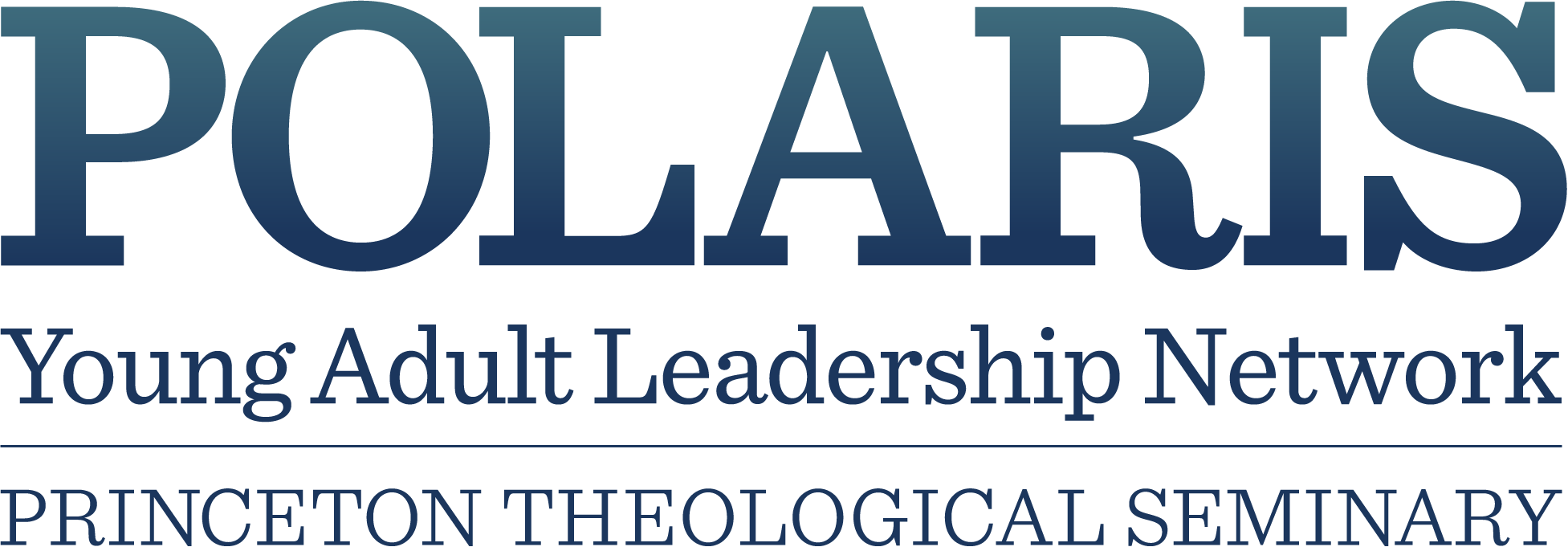By Mireya Guzman
November 02, 2023
Listen to this post.
After graduating college in 2018, I was eager to embark on my “big girl” professional job. Looking back, I realize that as excited as I was, I was definitely not sure what I was getting myself into. Nor did I have the slightest idea of how the experience I was embarking on would shake my faith and change my path. I was starting a two-year rotational credit-analyst training program that I planned to use as a “break” before taking the LSAT and applying to law school, my ultimate goal (or so I thought).
I never intended to apply for the credit analyst opportunity. But, as the analyst internship I had during my junior year of undergrad was coming to an end, my manager at the time brought up the training program and suggested that it would be a good fit for me. I was reluctant because quite frankly, I had initially pursued my internship more for the scholarship component than the field of work. I needed the scholarship that was being offered to help cover my tuition. Even when I applied for the internship/scholarship, I doubted I would get selected since my coursework was less finance-specific and more macro-economic and political science focused. Still, I applied anyway because you only miss the shot you don’t take, right?
So, of course, I was thankful for the scholarship but landing the internship seemed by way of chance. It wasn’t necessarily a strategic or intentional career move. Because of my law school plan, I thought I would continue working at the law firm I worked part-time at during my four years in college while I prepped for the LSAT. I didn’t see myself working in finance or at a bank. I thank God that my internship manager, who eventually became a mentor, pushed me to consider the credit analyst role and apply for the position. He was right: it was going to be an experience that would be beneficial and transformative regardless of what professional path I ended up taking.
As I am sure many college graduates experience, the excitement of the “big girl job” faded fast. I quickly realized I was one of the few Latina women in my field. I am a first-generation college graduate, and I was working alongside peers whose parents either knew the bank’s executives or were clients of the bank. It wasn’t long before I began feeling small, unqualified, and out of place.
I started spiraling down my first “real life” imposter syndrome episode. The job felt demanding, complicated, and draining. The training program consisted of rotating every six months through different commercial lending areas of the bank. That was one of the most appealing aspects of the role at first, as it gave me well-rounded exposure to the business. Yet, as I began to deal with feelings of inadequacy, by my third rotation (a year and a half into the job) I felt more frustrated and lost than ever. I was feeling unfulfilled but most importantly, I didn’t feel smart enough for the role. I started doubting my ability to succeed in the job despite the positive reviews and feedback I received from my managers at different rotations. I disregarded those feelings at first because again, I thought this was a temporary pit stop before I went on to law school. Yet around this time I also started questioning my desire to go to law school and my “why” behind it. My desperation grew because I had started to question and be confused about the one thing I thought I wanted. In hindsight, I was so focused on succeeding at the job that I had stopped prioritizing my faith and leaning on my Source.
I graduated from Dominican University, a Catholic university. Having grown up in a Catholic family, the values of Dominican and the community it offers were a large part of why I chose to attend. In times of stress during my four years there (which was often, given I was a full-time student and a part-time employee), going to daily mass, praying in the chapel, walking into the ministry center, or taking a walk around campus were my ways of recharging and reconnecting with God.
Since I had graduated and been in “survival mode,” I had not prioritized thoughtful prayer or maintaining my relationship with God. I now understand the frustration and unfulfillment I felt. Those feelings came from all the pressure I was putting on myself to keep up with a job I thought I wasn’t smart enough for. Plus, it’s easy to feel unfulfilled in a role where you analyze numbers all day. I remember constantly thinking about Dominican’s motto, the Latin phrase caritas in veritate or caritas veritas: a search for truth through charity or service. I was so unsure about how I was embodying charity and service in my job—it certainly didn’t feel like I was or like I would ever feel that in finance.
It was by way of revelation, I think, that one day I picked up my journal that I hadn’t picked up for quite some time because I “didn’t have time.” In the journal, I came across Proverbs 3:5-6 printed on the top of one of the pages: “Trust in the Lord with all your heart, and do not rely on your own insight. In all your ways acknowledge Him, and He will make straight your paths.”
I realized I was missing a couple of these key points. I was not only relying solely on my own insight and frustrated experience (while in the back of my mind thinking it was my fault because I was never supposed to be in that job in the first place, according to my law school plan), but I was also not trusting God to direct my path and show me the way. I was not trusting or counting on God to help me carry the negative emotions I was dealing with. I had forgotten that I don’t have to figure everything out on my own, I can and should rely on God, just like I had in the past. So, I started praying, prioritizing prayer, and asking God to show me the way.
Though I still encountered many challenges, it slowly started becoming more and more evident to me that law school was not the path I was meant to take. I was offered an opportunity to help the bank’s Community Reinvestment Act (CRA) team, a division of the bank that aimed to deploy investments of over $1 million to meet its CRA metrics. In short, the federal banking agencies that supervise banks examine the bank’s performance under requirements outlined in this act that aims to help meet the credit needs of the communities in which they do business in, including low- and moderate-income neighborhoods. This opportunity—which I took on on top of my day-to-day responsibilities—made me feel like I was a part of the greater good. While I was still a financial analyst, my skills were now being used for investments that benefited the community. I had always envisioned myself becoming a human rights lawyer to help others and advocate for people, but through prayer and discernment, I realized that I didn’t need to become a lawyer to do that. I could do it in my finance role. I didn’t stay in the CRA role for long; however, I realized it was all a matter of how I showed up for the job, and in many ways, in how I had already shown up for it despite the identity challenges I was facing.
Jesus teaches us to lead by example, to have courage, to be humble, to be loving, and to let go of judgment (of ourselves and others). Faithful leadership is about being an example of Jesus through interactions with others more than anything. More importantly, as Martin Cabrera, the CEO of Cabrera Capital Markets once said in a keynote, we must remember that the corporate ladder we are climbing up also goes down. While I might be one of the only, I am helping pave the way for those who come behind me and can help others climb that ladder too.
There are many more personal takeaways for me from my experience with my career and faith, but I think one of the biggest is that life is going to get busy and overwhelming, whether that be in your career or personal life. Maintaining a solid faith foundation and relationship with God is not going to be easy. But, if we prioritize that, the burdens we carry will seem lighter as we trust that He will help us carry through and see our purpose in life.
___________________________________________________________________
 Mireya Guzman, Polaris Advisor
Mireya Guzman, Polaris Advisor
Mireya is the Co-Founder and Co-Chair of Iskali’s Junior Board. Mireya works as an Associate at CRG, a Real Estate Development and Investment firm where she is responsible for supporting regional offices, the capital markets group, and senior leadership with financial analysis of new and existing development projects and analysis of the consolidated CRG platform. Prior to joining CRG, Mireya was a Portfolio Manager for Wintrust Bank in Chicago. Mireya received her BA in Economics with a minor in Political Science and a BA in Spanish Language and Literature from Dominican University. She was a member of Sigma Delta Pi (National Collegiate Hispanic Honor Society). Mireya is also a member of the Young Associates Board (YAB) of Almost Home Kids. Mireya enjoys traveling, outdoor activities, and trying new restaurants.


